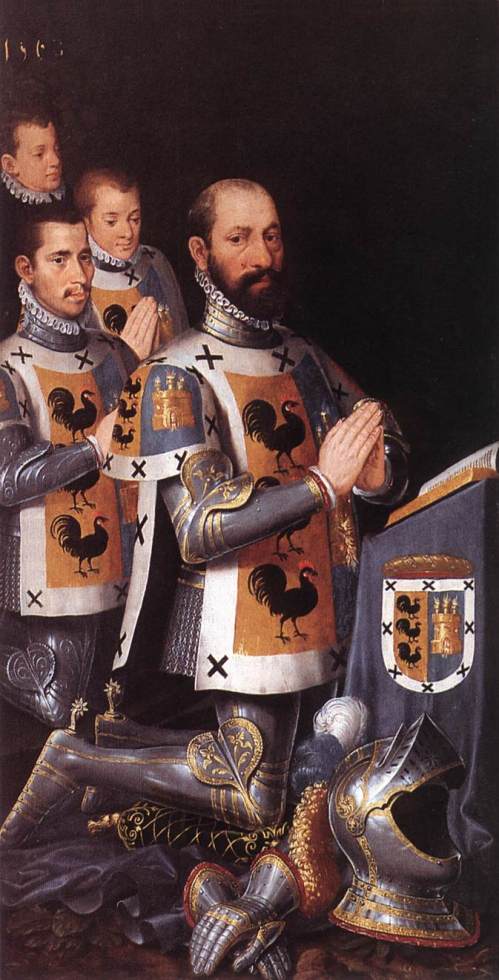my Amsterdam, December 29, 2013
The Amsterdam Canal Apartments
___________________
our trip from Bruges to Amsterdam was
circuitous, instead of a direct, unimpeded
journey, something that, incredibly I
thought, wasn’t even up for sale between
these two significant cities, we were made
to change trains in both Antwerp and
Rotterdam, with too long a wait at one,
and too short at the other, too brief to
tote comfortably our luggage there
such an inconvenient distance
I perspired, Mom worried about my heart,
not to mention my irascible impatience
Amsterdam Centraal was a replay of the
fall of Saigon, but with just a little bit more
order, a cab driver took our bags and crept
along the overflowing Friday night streets
and their contiguous, oddly moderating
canals, placid, constant, immutable, to
our, as they say in Europe, pied-à-terre
only a walk away from the train station,
I gathered, not carrying our luggage of
course, about the spot where the driver
dropped us off, the rest of the pertinent
city must be consequently nearby, I
supposed, as indeed it was
the driver put our bags on the
cobblestones, he’d driven up one
side of the canal, crossed a bridge
and returned along the one way
other, and stopped before our
own gingerbread house, scrunched
up between several others, our host,
the owner’s representative, who’d
been waiting on the stoop later than
our proposed arrival hour was gentle,
gracious, efficient and helpful, but
spoke essentially maybe seven words
of English, just Spanish, being from
Venezuela, and Dutch
could we blame him
would we expect our host to speak
Dutch in Canada if we couldn’t speak
its English, I asked Mom, who’d, out
of surely the day’s distress, I decried,
was resorting to peevish indignation
I enunciated all of my concerns
throughout to our ever attentive squire,
repeated my words carefully, spoke
them ever louder, one by ardent one,
pointed, spread out my arms, became
a back-up act performing grandly my
own instructions
all, I commend, were met eventually
unimpeachably
let me help change the beds, I offered,
he’d had to set up for a mother and son
rather than the more connubial pair he’d
expected, no, he replied, or something
similar that I could comprehend, and
wouldn’t hear of it in any language
he gave us the keys, after which we
could rest, and did, until two days later,
not including nearby dinners, of course,
out
the place was what you would expect
of a gingerbread house, beams, uneven
corners, but spotless and ready to take
on our colours, long instead of wide, a
Dutch particularity, with all the up to the
minute conveniences
there was however no bath, but a
generous shower stall I could easily live
with, and gloriously did for that month
outside a few cars were parked by the
barges, homes some of them, along the
canal, another canal ran perpendicular
to it away from us between two rows of
houses lined each with their tree, also,
incidentally, their garbage, but that’s
another story
it was night already, everywhere street
lights twinkled, as did their glistening
reflections on the onyx water
on the quarter hour church bells rang
dreams, they tolled, and told over and
over again, were possible
Richard



